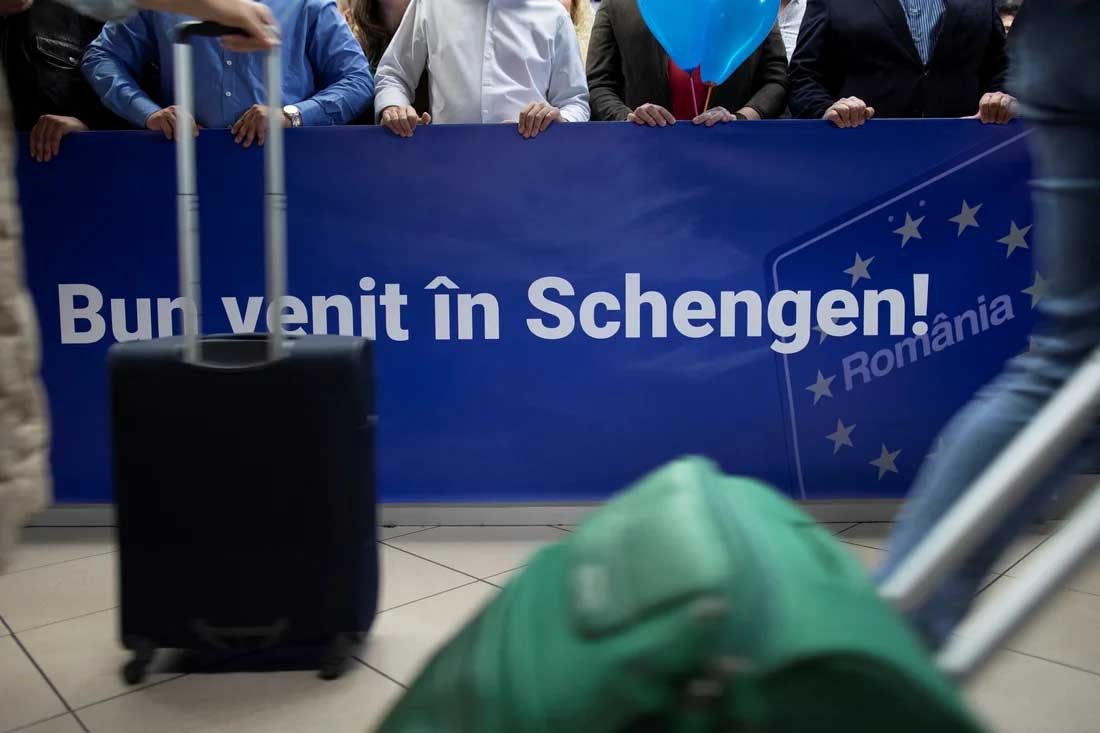Cyprus said it is confident about its path towards joining the Schengen area after a senior government meeting in Brussels, Deputy Minister for Migration Nicolas Ioannides said on Wednesday.
He met the European commissioner for home affairs and migration, Magnus Brunner, at the European commission headquarters and reported positive signs on the next steps.
Speaking to the Cyprus News Agency, Ioannides said Cyprus is technically ready to become a full Schengen member. He confirmed that the European commission will carry out the required technical checks in the coming period. He said the aim is to complete this stage soon and secure political support from EU member states during 2026.
He explained that the government expects a favourable technical assessment before the end of 2025. This would allow the usual political process to take place the following year, paving the way for Cyprus to finalise its Schengen entry.
Ioannides described his talks in Brussels as highly constructive. Alongside Schengen, he also presented Cyprus’ priorities for its upcoming Presidency of the Council of the EU. He said Cyprus intends to ensure the EU’s new migration and asylum pact is implemented in June 2026.
He added that Cyprus is ready to move forward with pending legislative files linked to migration, even if some are not completed during the country’s presidency. He said cooperation with the commission is strong, with good working relations and a shared interest in achieving a successful term.
Ioannides restated Cyprus’ long-standing view that migration must be managed collectively by the EU to avoid the problems seen during the 2015 refugee crisis. He said many states were unprepared at that time, leading to unilateral actions and inconsistent policies across Europe.
He called the new pact an important opportunity for the EU to act with unity on migration challenges. He acknowledged that member states hold different views, but said it is better to work within one common framework than return to fragmented approaches.
He said adopting the pact is a significant first step. The next task, he noted, is for all member states and the commission to apply it consistently to achieve the expected results in managing migration.
Asked about states that have already said they will not implement the solidarity mechanism outlined in the pact, Ioannides said he has begun bilateral meetings to understand their concerns. These talks started after the home affairs council meeting in Luxembourg last October.
He said Cyprus will continue these discussions before taking over the presidency. The aim is to listen to partners and build consensus, as there is broad agreement on the core purpose of the Pact, even if some details remain disputed.
Ioannides said Cyprus’ approach as presidency will be to act as a mediator. He said the goal will be to encourage cooperation and support the correct implementation of the pact for the benefit of all EU member states and citizens.






Click here to change your cookie preferences